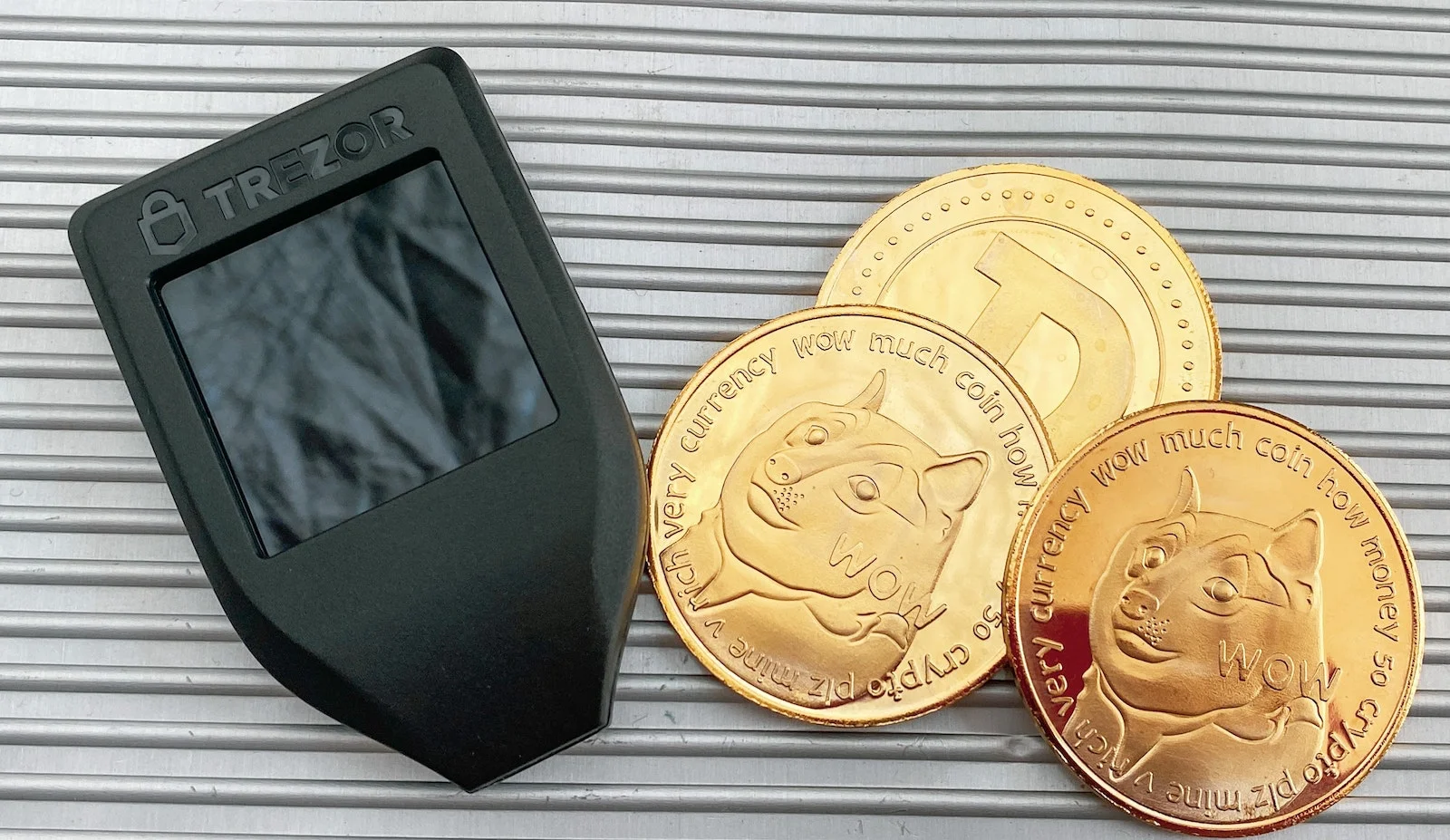Discover the benefits of a non-custodial wallet and take control of your digital assets. Learn what a non-custodial wallet is and how it can benefit you.
Cryptocurrencies are decentralized digital assets that allow users to transact without relying on intermediaries such as banks or payment processors. To manage and secure their digital assets, cryptocurrency users use digital wallets.
There are two types of cryptocurrency wallets: custodial and non-custodial. In this article, we will focus on non-custodial wallets, exploring what they are and how they work.
What is a non-custodial wallet – definition
A non-custodial wallet is a type of cryptocurrency wallet that allows users to manage their digital assets without relying on a third-party service provider to manage their private keys.
Private keys are the codes that allow you to access and transfer your digital assets. When you use a non-custodial wallet, you have direct control over your private keys, which means that you are solely responsible for their management and security.

How does a non-custodial wallet work?
To use a non-custodial wallet, you need to download the wallet software and create a cryptocurrency account. If you have a hardware wallet, you use the software in connection with it. Once you have created an account, you can deposit and withdraw cryptocurrencies directly through the wallet software.
Since you have direct control over your private keys, you can securely manage and transfer your digital assets without relying on a third-party service provider.
Non-custodial wallets typically don’t charge fees for their services. You pay only transaction fees and gas fees when moving your crypto tokens.
Advantages of using a non-custodial wallet
Non-custodial wallets offer several advantages, especially for experienced cryptocurrency users. One of the most significant advantages is greater control over your digital assets. Since you have direct control over your private keys, you can securely manage and transfer your digital assets without relying on a third-party service provider.
This also means that you are not at the mercy of a centralized service provider, which can help to decentralize the cryptocurrency industry and reduce the risk of centralization.
Another advantage of using a non-custodial wallet is better privacy. When you use a non-custodial wallet, you do not need to provide any personal information to a third-party service provider. This means that you can maintain greater anonymity when using cryptocurrencies.
Finally, non-custodial wallets offer enhanced security. Since you have direct control over your private keys, you have exclusive control over your digital assets. With that, however, comes great responsibility.
Disadvantages of using a non-custodial wallet
One of the biggest disadvantages of using a non-custodial wallet is that they can be more complex and challenging to use, especially for new users.
Since you are responsible for managing your private keys, you need to take extra precautions to ensure their security. You have to have proper backups in place to make sure that you will never lose access to your cryptocurrency.
Comparison of non-custodial and custodial wallets
Non-custodial and custodial wallets offer different features and advantages, depending on your needs and preferences.
Custodial wallets offer greater convenience and user-friendliness, but they come with greater risks and less control over your digital assets.
Non-custodial wallets, on the other hand, offer greater control, privacy, and security, but they can be more complex and less user-friendly.
How to choose the right wallet for you
Choosing the right type of wallet depends on your individual needs and priorities. If you are experienced in using cryptocurrencies and prioritize control and security, then a non-custodial wallet might be the better option for you.
If you are new to cryptocurrencies and value convenience and ease of use, then a custodial wallet might be the better option.
Conclusion
In conclusion, non-custodial wallets offer several advantages, including greater control, privacy, and security. They also help to decentralize the cryptocurrency industry and reduce the risk of centralization. While they may be more challenging to use than custodial wallets, they offer more flexibility and security to users.
It is important to remember that using a non-custodial wallet comes with greater responsibility, as you are solely responsible for the security and management of your private keys. It is essential to take the necessary steps to protect your digital assets, including using strong passwords, enabling two-factor authentication, and storing your private keys in a secure location.
When choosing a non-custodial wallet, it is essential to conduct thorough research and choose a reputable provider with a strong track record of security and reliability